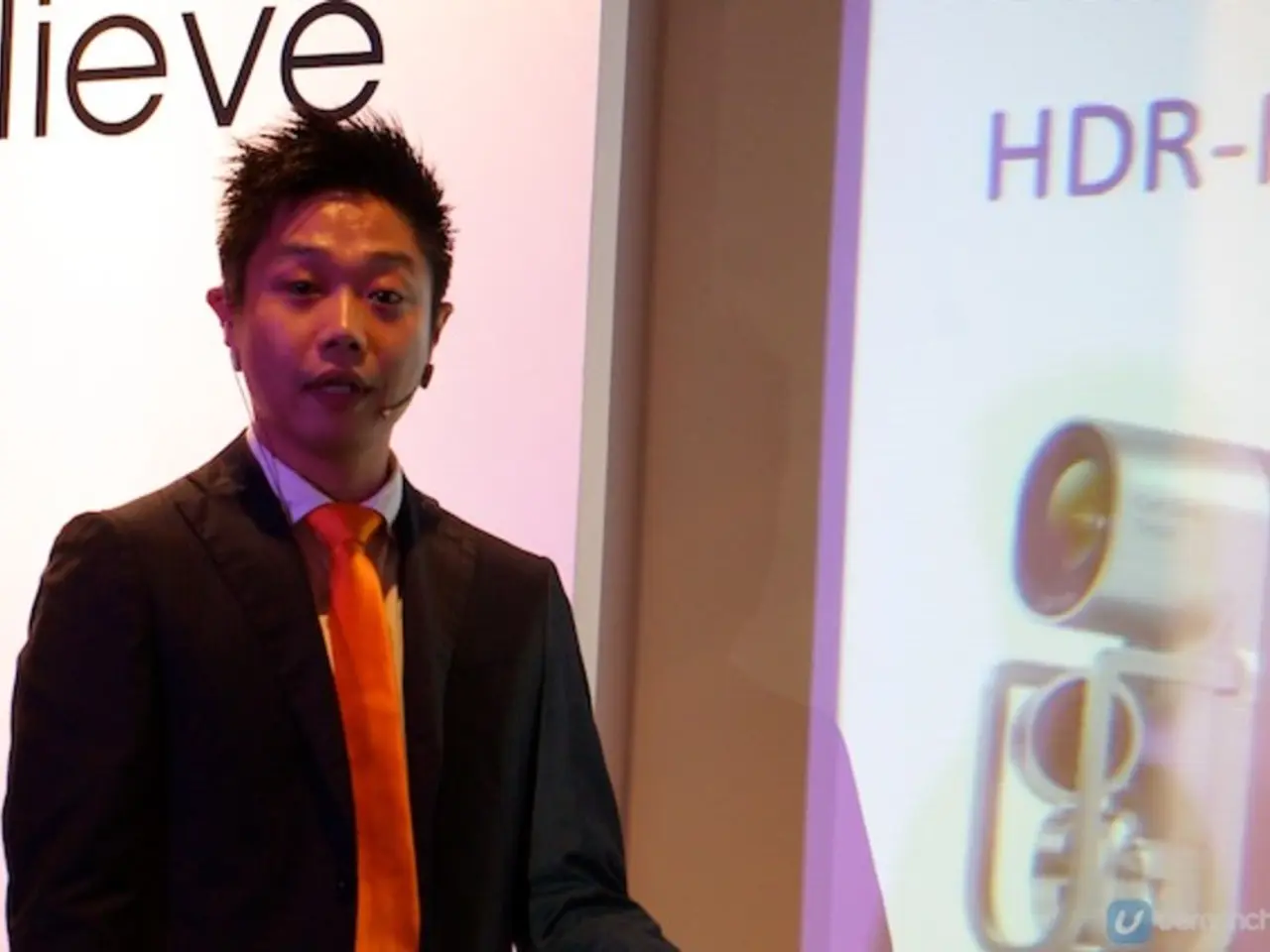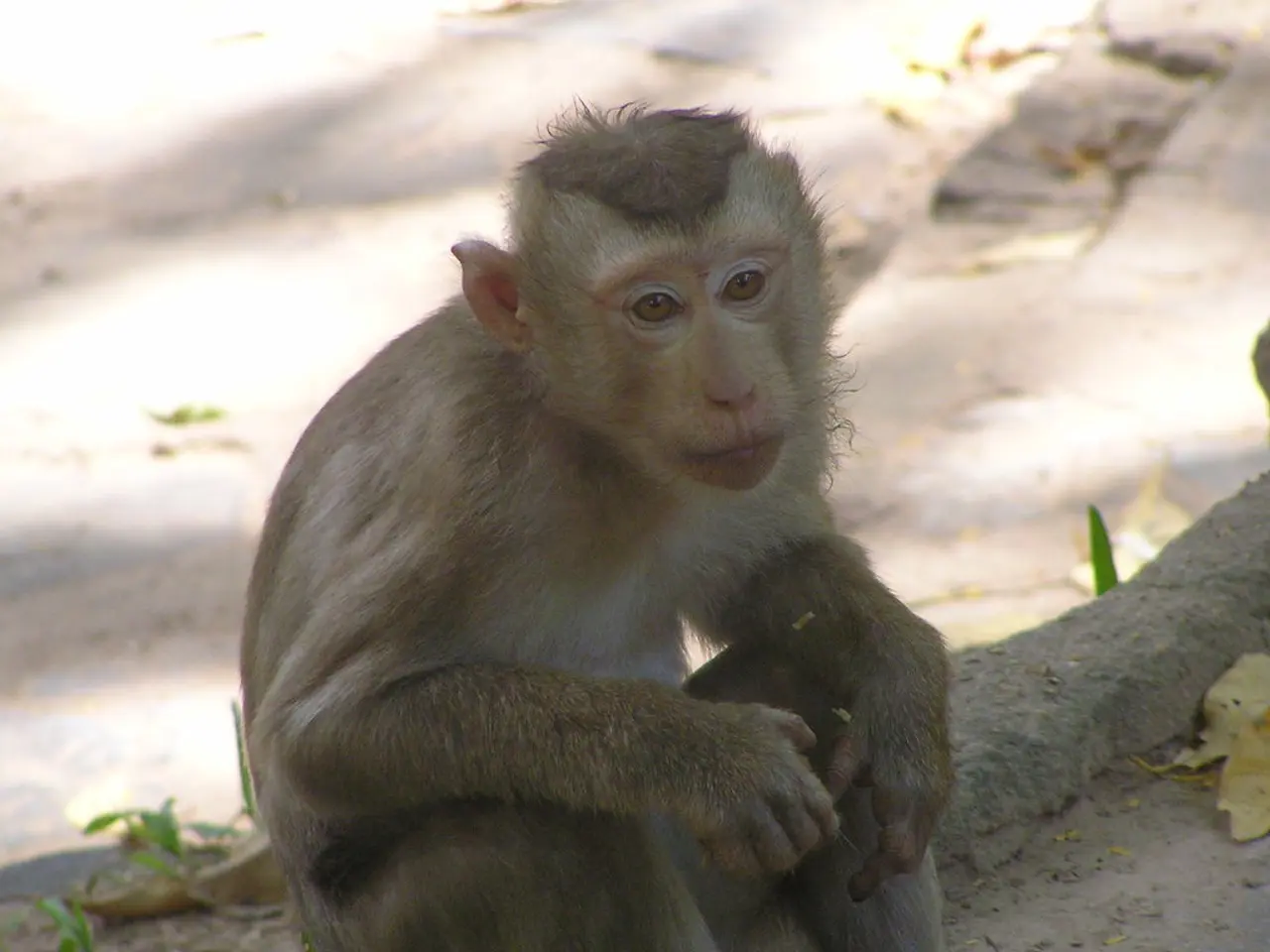New Space Agency Established in South Korea: Outlining Its Objectives
South Korea is making significant strides in the realm of space exploration, with a recent investment of 100 trillion won ($67.44 billion) to further its ambitions. This substantial funding is aimed at positioning South Korea among the world leaders in space exploration.
The driving force behind this space race is the Korea Aerospace Administration (KASA), a newly inaugurated agency tasked with overseeing space policy and promoting space-related businesses. President Yoon Suk Yeol has emphasized the importance of KASA in achieving South Korea's space exploration goals.
The agency is expected to play a significant role in South Korea's ambitious plans, which include a Mars landing by 2045. This goal is part of a comprehensive national space exploration roadmap released by KASA in 2025.
South Korea's space journey began with the launch of KITSAT-1, its first satellite, in 1992. This marked the nation's entry into space technology and exploration. The success continued with the development of the Nuri (KSLV-II) launcher, a homegrown launch vehicle that represents a critical step toward autonomous space access.
The latest milestone in South Korea's space journey is the Danuri (Korea Pathfinder Lunar Orbiter), the nation's first lunar probe. Launched in August 2022, Danuri successfully entered lunar orbit four months later and conducts scientific studies of the Moon using onboard instruments.
Under KASA's leadership, South Korea's space ambitions are far-reaching. The agency's roadmap includes plans for landing a lander on the Moon in the early 2030s, developing independent lunar landing and roving technologies, and establishing a lunar economic base—and actual lunar base construction—by 2045.
In addition to lunar exploration, South Korea also aims to expand its presence in Mars with a planned Martian landing also targeted by 2045. The Danuri satellite, currently orbiting the Moon, is providing images and data for NASA's Artemis program, which aims to return humans to the Moon and establish a lasting presence there.
President Yoon Suk Yeol has declared that KASA will foster R&D, train experts, and support the aerospace industry ecosystem. The agency is a key component of South Korea's strategy to become a leading nation in space exploration, amid heightened regional competition with countries like India, Japan, and China making significant progress in space exploration.
In conclusion, South Korea's space exploration path has evolved from early satellite technology to developing domestic launch capability, and now to successfully orbiting the Moon and aiming for ambitious lunar and Martian exploration missions in the coming decades. With KASA at the helm, South Korea is poised to establish itself as a major player in the space industry.
[1] SpaceNews [2] Space.com [3] NASA [4] Korea Herald [5] Yonhap News
- The Korea Aerospace Administration (KASA), a newly established agency driving South Korea's space ambitions, has announced plans to conduct research in both space-and-astronomy and science, not only focusing on a Mars landing by 2045, but also expanding its presence on Mars.
- In line with President Yoon Suk Yeol's vision, KASA is spearheading the development of technology that will enable South Korea to become a major player in the global space industry, fostering R&D, training experts, and supporting the aerospace industry ecosystem.




